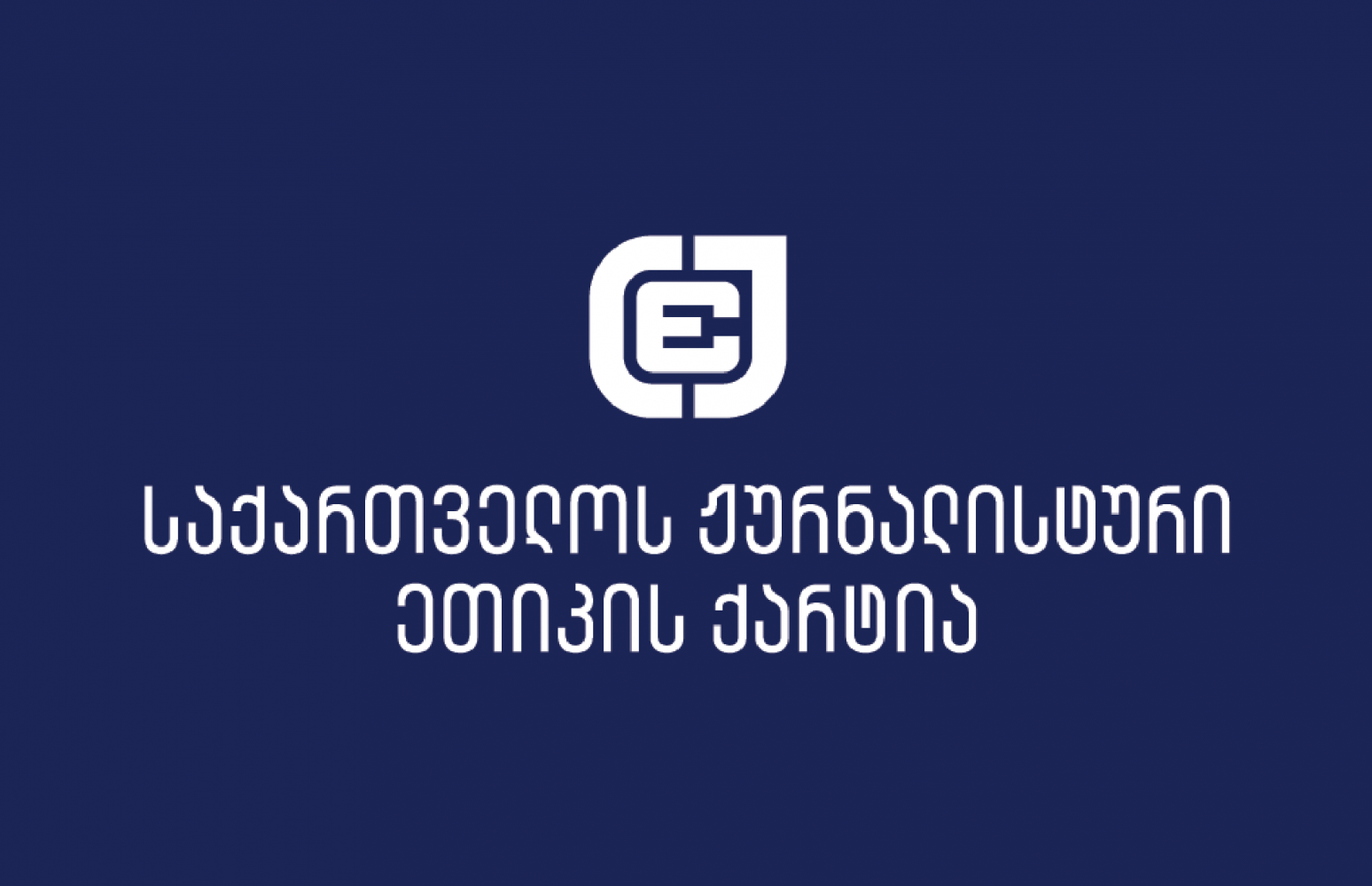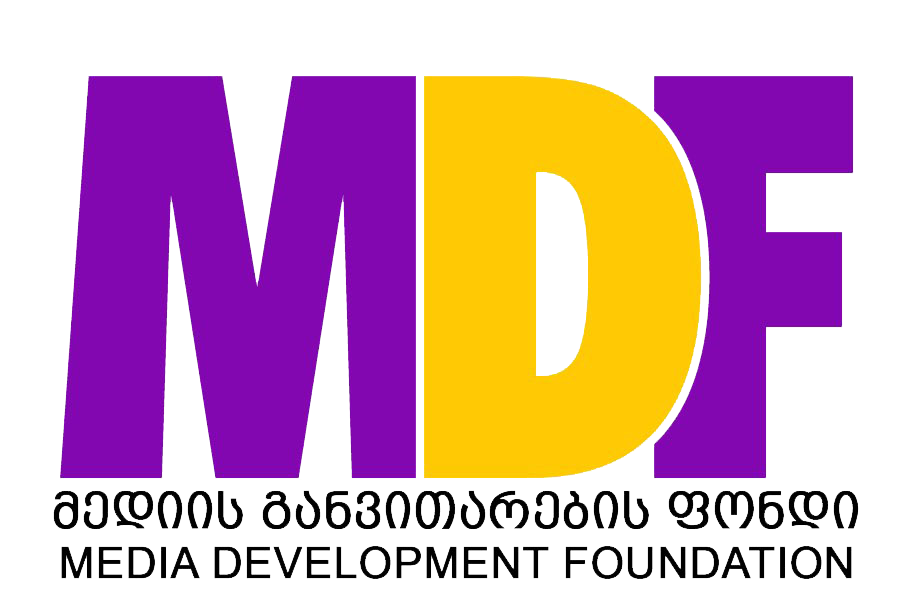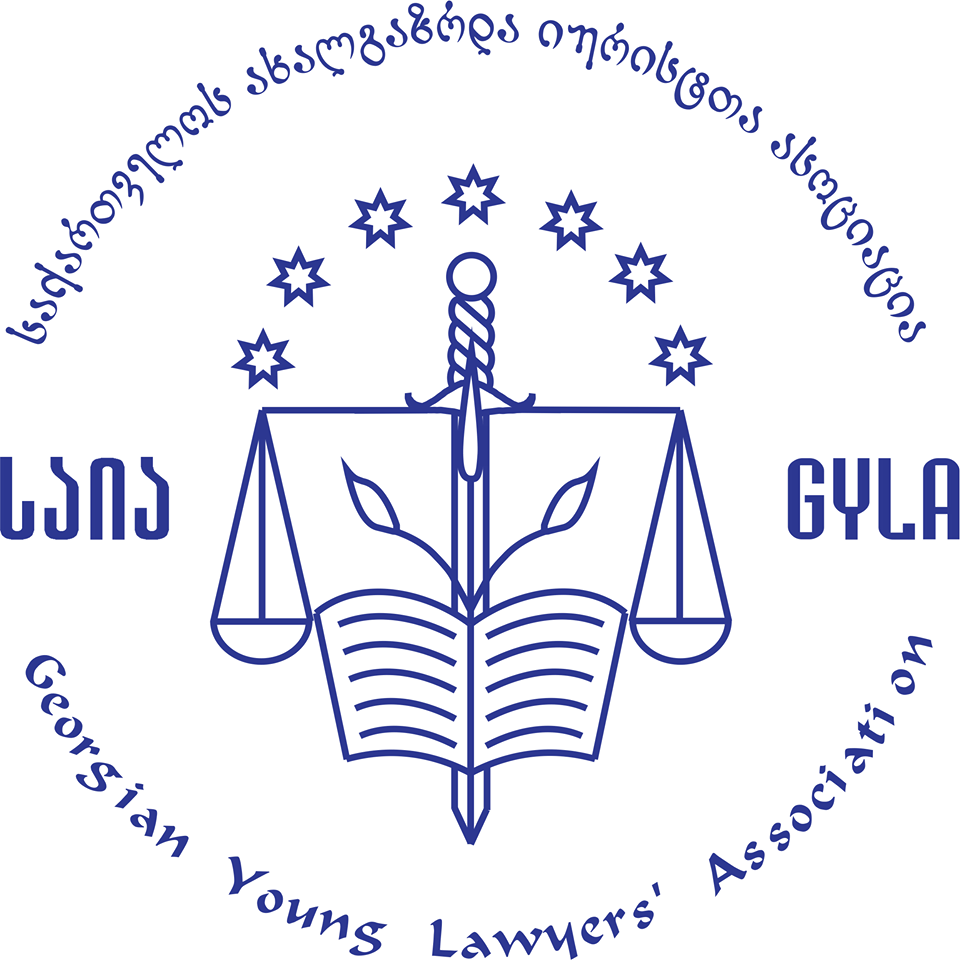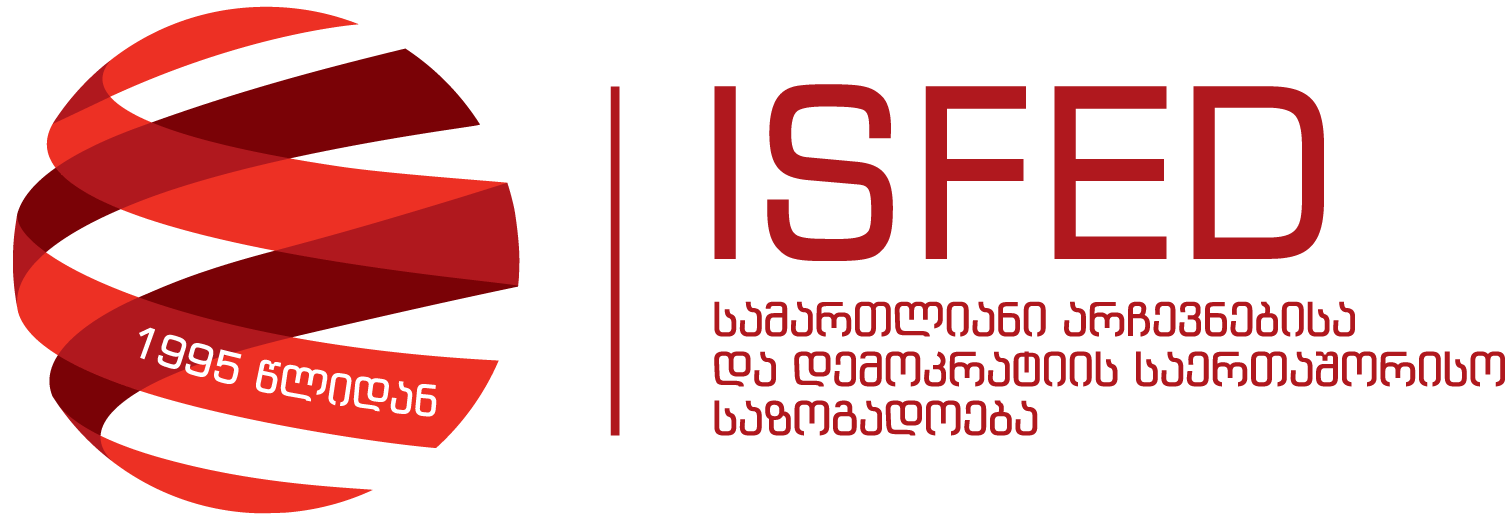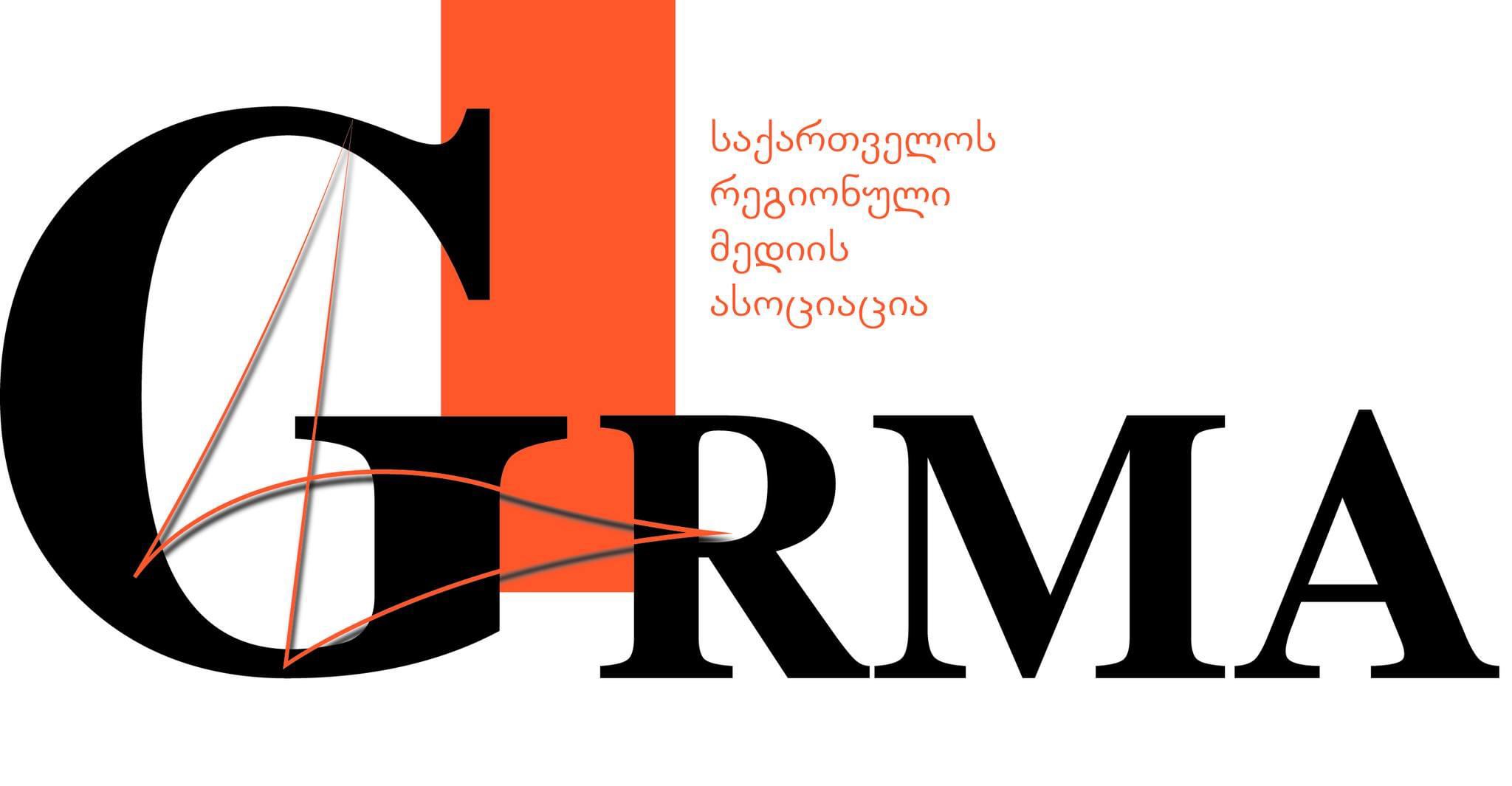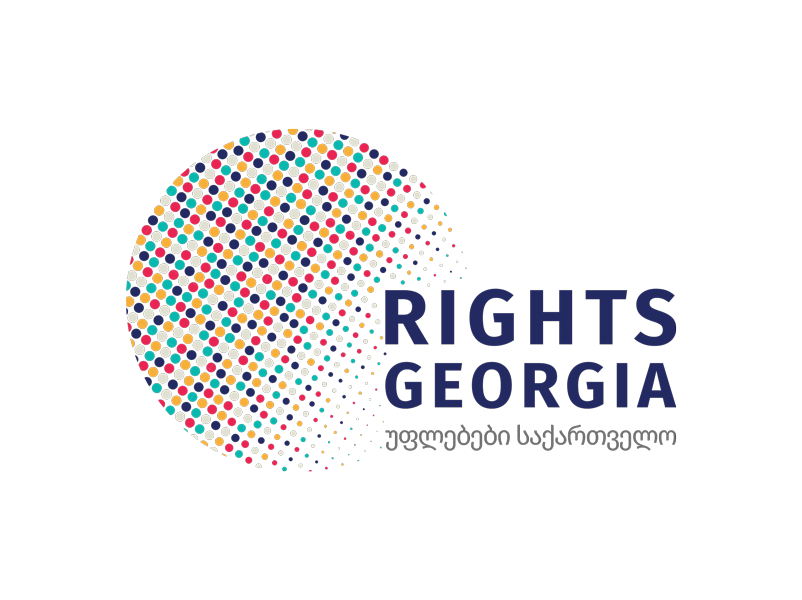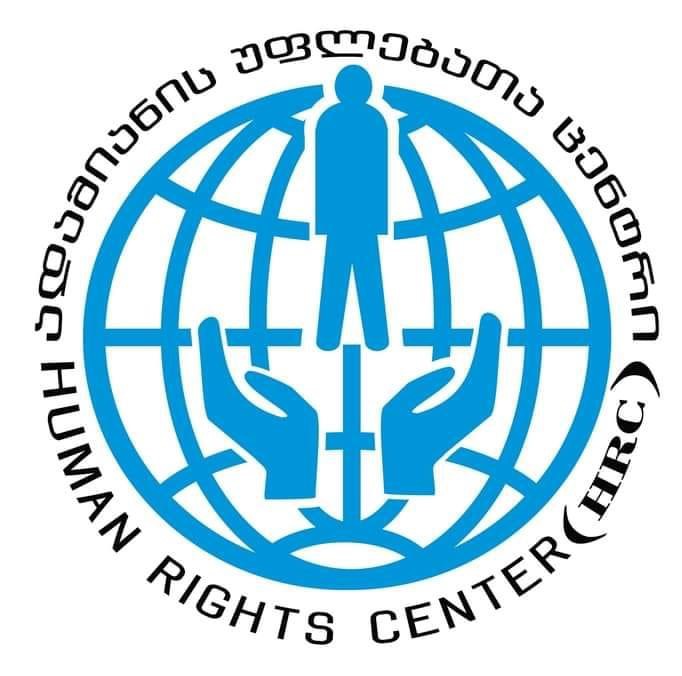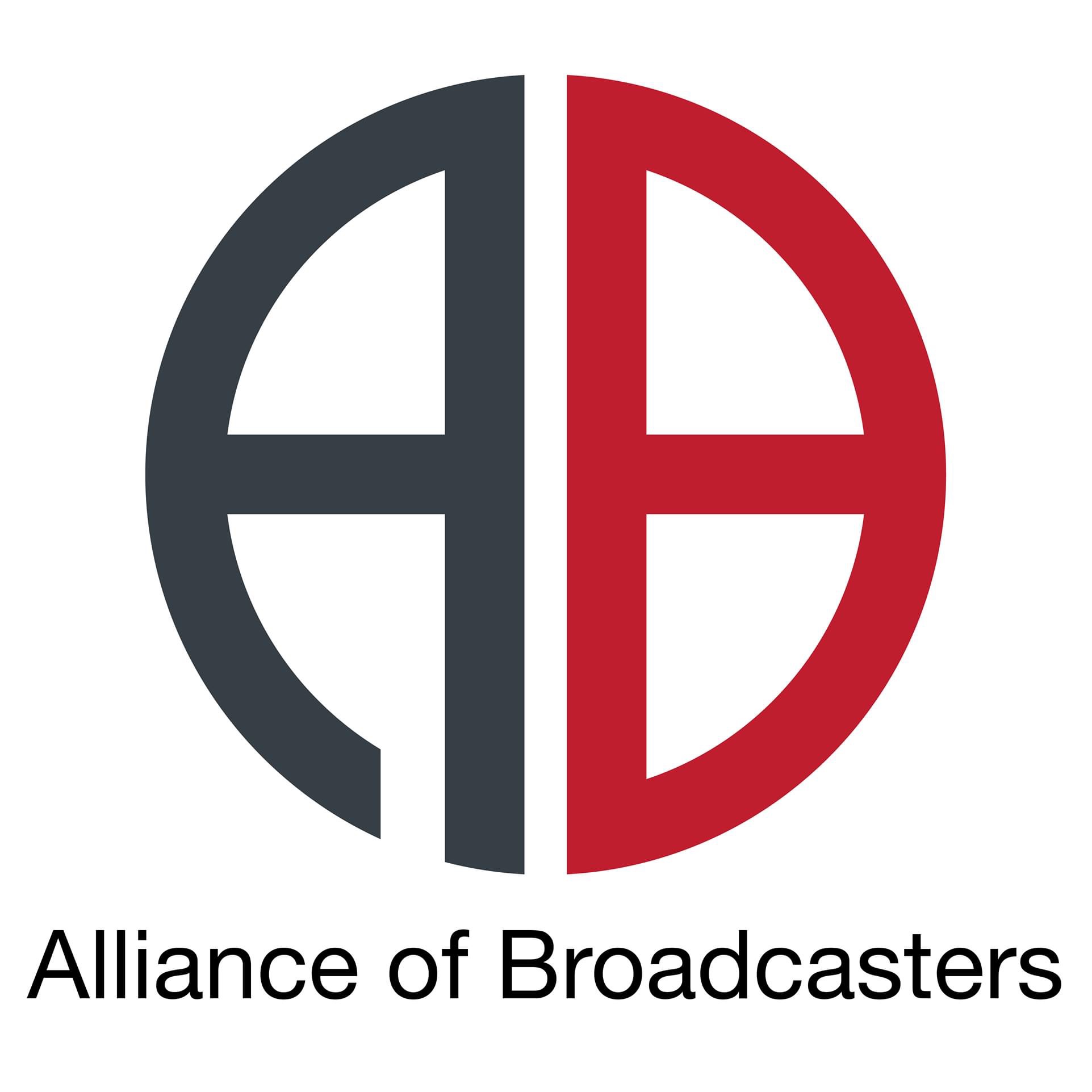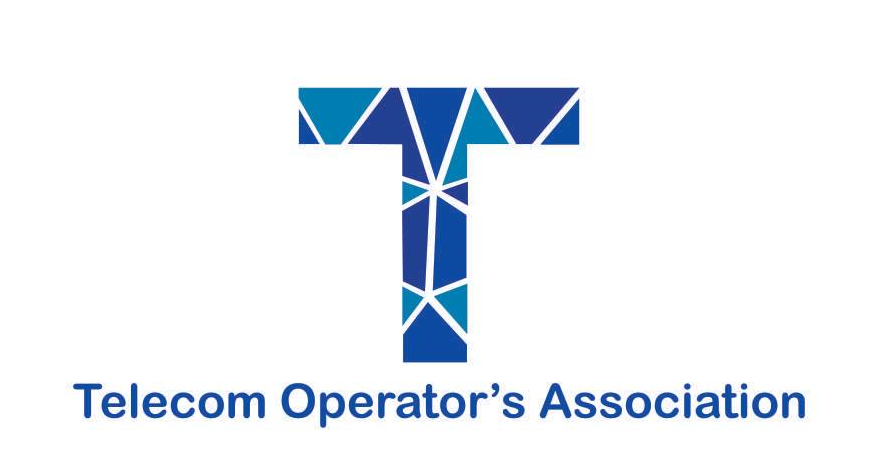Mission and History
The Media Advocacy Coalition (MAC) was founded in 2011 through the initiative of the Civil Society Foundation (formerly known as the Open Society Georgia Foundation). This coalition brings together 16 non-governmental organizations that focus on media issues and the rights of media representatives, with the primary goal of fostering a free media environment in Georgia.
MAC engages in several key activities, including protecting the interests of journalists and media owners, analyzing the media landscape, advocating for legislative reforms, and enhancing public awareness regarding the significance of free media.
The assessments and conclusions drawn by MAC members are frequently referenced in numerous international reports that analyze Georgia’s media environment.
MAC member organizations efficiently combine their efforts and diverse expertise to enhance the media environment. They are all distinguished by their persistence and determination in pursuing their goals, in the face of challenges.
Significant legislative changes were implemented as a result of MAC’s leadership and active participation in the advocacy process.
The coalition is chaired by Mamuka Andgulaladze, who provides strategic leadership and oversight. Ana Toklikishvili oversees the coalition’s communication direction, ensuring amplification of collective voice of member organizations.
Advocacy Achievements
Significant legislative changes were implemented as a result of the Media Coalition’s leadership and active participation in the advocacy process.
Amendments to the Law on Broadcasting
Situation: Prior to the changes, before 2011, information regarding the owners of leading broadcasters was not accessible in public records, as many operated through offshore-registered companies.
Changes Made: The amendments enhanced transparency regarding the ownership of broadcasters and their funding sources. Specifically, offshore-registered companies were prohibited from holding broadcasting licenses, ensuring clearer accountability.
Pre-Election Amendments – Implementation of Must Carry/Must Offer Principles
Situation: During government’s pressure during 2012 parliamentary elections, cable companies excluded independent and critical broadcasters from their packages, limiting citizens’ access to diverse media sources.
Changes Made: The Electoral Code was amended to enforce “Must Carry” and “Must Offer” principles, necessitating that cable operators include all televisions with general broadcasting licenses and channels available to at least 20% of Georgia’s population in their packages. This requirement applied for a 60-day period leading up to elections, allowing citizens better access to varied media choices.
Establishment of the Public Broadcaster’s Adjara Television and Radio: This initiative aimed to enhance the financial transparency of broadcasters
Situation: Adjara TV operated primarily as a state entity and, despite legislative mandates, did not function as a public broadcaster. The existing guidelines for forming the Supervisory Board failed to promote pluralism and effective management.
Changes Made: Through MAC advocacy efforts, Adjara TV was successfully transformed into a public broadcaster, with radio services added. The guidelines for forming the Supervisory Board were revised, ensuring the selection of qualified individuals and promoting a diverse board composition.
Facts and Indicators
17
Members
14
Cited in international reports
760
Mentions in the media
4
Changes in Legislation
MAC Members


